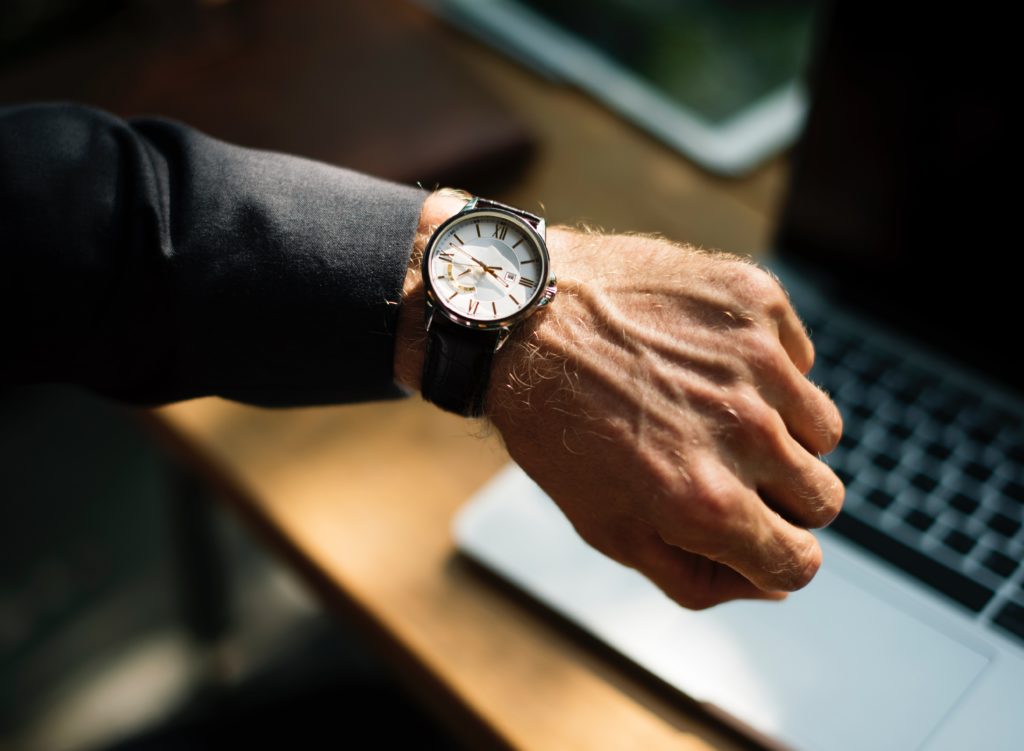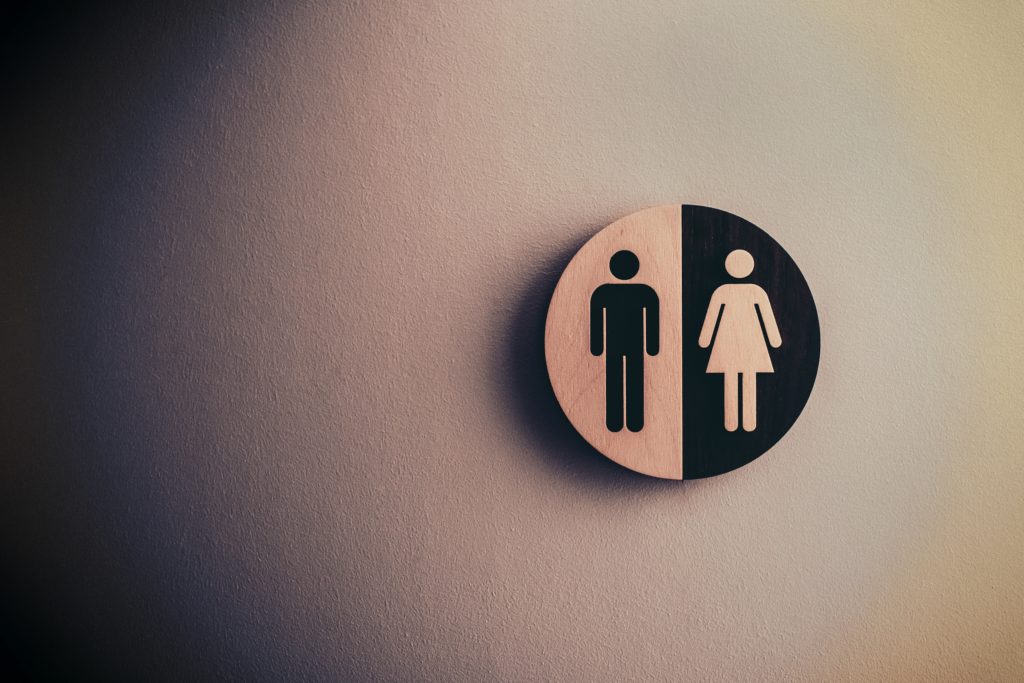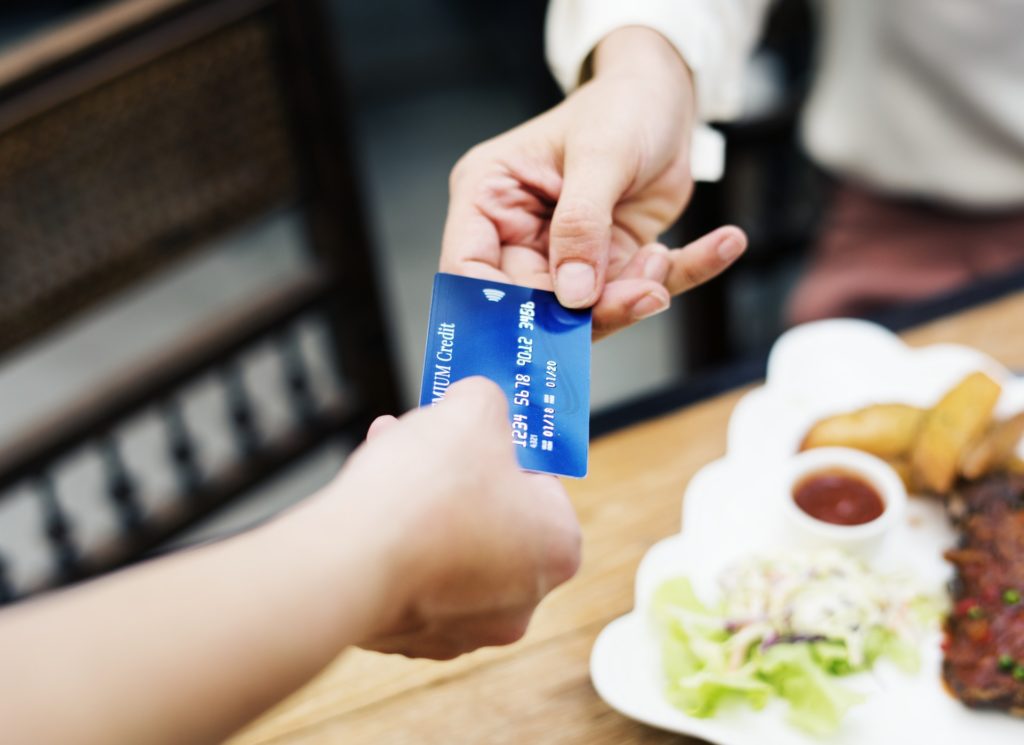If you are travelling to China or a Chinese speaking country but don’t know Chinese, below are a list of the top 25 useful phrases you should learn. Think of this as a cheat sheet for visiting China, so perhaps save it on your phone or print it out before you travel. I’ve written the phrases in both English, Chinese characters and Chinese Pinyin – if you don’t know what Pinyin is take a look at my article here.
Below is my top 21 list of phrases. Note that I go in to details and expand on how to say these below with some of these phrases, such as checking in and out of a hotel, grouped for simplicity
| Chinese | Pronunciation (Pinyin) | English |
|
|
nǐ hǎo | Hello |
|
|
wǒ jiào | I’m called |
|
|
xièxiè | Thank you |
|
|
zàijiàn | Goodbye |
|
|
děng yīxià | Wait a moment |
|
|
xǐshǒujiān zài nǎlǐ | Where is the toilet |
|
|
càidān | Menu |
|
|
wǒ yào zhège | I would like this |
|
|
zhège | This |
|
|
mǎidān/ jiézhàng | Bill please |
|
|
wǒ néng yòng xìnyòngkǎ fùkuǎn ma | Can I pay by credit card? |
|
|
wǒ bù míngbái | I don’t understand |
|
|
wǒ bù huì shuō zhōngwén | I don’t speak Chinese |
|
|
nǐ huì shuō yīngwén ma? | Do you speak English |
|
|
yī’ èr sān sì wǔ |
1 2 3 4 5 |
|
|
wǒ yāomǎi zhège | I want to buy this |
|
|
duōshǎo qián? | How much / what is the price? |
|
|
wǒ yāo mǎi piào | I would like to buy a ticket |
|
|
wǒ yào bànlǐ rùzhù | I would like to check in |
|
|
wǒ yào tuì fáng | I would like to check out |
|
|
huǒchē zhàn zài nǎlǐ? | Where is the train station? |
|
|
qǐng bāng wǒ jiào chūzū chē | Please call me a taxi |
|
|
wǒ yào qù zhèlǐ | I would like to go here |
|
|
tíng zài zhèlǐ | Stop here |
|
|
…zěnme shuō | How do you say … [in Chinese] |
Table of Contents
Greetings and basic manners in Chinese
Below are some more details on greetings, farewells and thank yous in Chinese
How to say Hello in Chinese

Hello in Chinese should be the first words you learn, in fact even if you’ve never studied Chinese you may have come across it:
nǐ hǎo
Hello
Literally translated this is “you good”, however it means “hello”.
A more polite form, which is used in formal settings and to greet or get the attention of, for example, hotel staff or a waiter or waitress are:
nín hǎo
Hello (Polite)
If you are meeting someone in the morning, you can also greet them with ‘”good morning” as you would in English
zǎoshang hǎo
Good morning
This literally means “morning – good”, however it means good morning.
How to introduce yourself in Chinese
You are probably going to want to introduce yourself when you go to China, the easiest way of doing this is to say
wǒ jiào…
I’m called…
So for example you might say “wǒ jiào Tom”. there are other ways to introduce yourself, however this is by far the easiest.
How to say “thank you” in Chinese
In many languages it is customary and polite to say thank you to someone and Chinese is no exception, more so if you are speaking to a stranger. Thank you in Chinese is relatively simple:
xièxiè
Thank you
Another common way to say thank you is:
duōxiè
Thank you
To dive a bit deeper, there are situations in Chinese where you shouldn’t say thank you. Specifically where people pay you a compliment such as telling you your Chinese is amazingly fluent, you would answer
[rax say=”哪里哪里”]
nǎlǐ nǎlǐ
Where? Where ( Literally: deflect complement)
This literally means “where, where?” but is a way of deflecting a complement.
How to say “goodbye” in Chinese
Goodbye is a very useful phrase to learn in any language. In Chinese you would say:
zàijiàn
Goodbye
This can be used in almost any situation. An easy, but less formal alternative is to simply say “bye bye” as you would in English:
bàibài
Bye bye
This is borrowed from English and uses characters that phonetically match the English “bye bye”. This is quiet commonly used in Chinese and is perfectly acceptable to use and has the bonus of not requiring memorised for an English speaker.
In the evening you can also say “goodnight” as you would in English:
wǎn’ān
Goodnight
This is literally “evening peace”, but means “goodnight”.
Finally you might want to say “see you tomorrow” if you are in fact planning on seeing the person you are speaking to the next day.
míngtiān jiàn
See you tomorrow
All said and done, if in doubt and you can’t remember how to say any of the above, just say “bye bye” as you would in English. Saying “bye bye’ rather than simply “bye” might sound a little childish, however this is how it is generally used in Chinese and ensures there is no confusion as to your meaning.
How to ask someone to wait a moment in Chinese

Even with a very small Chinese vocabulary you may find yourself in a situation where you needing to ask someone to wait a moment. The most common situation I have found this useful is if perhaps I was looking for my passport, wallet or another item and needed someone to wait a moment. Another common scenario is where you are waiting for a Chinese speaking friend and don’t know how to order in a restaurant.
děng yīxià
Wait a moment
How to ask where the bathroom or toilet is in Chinese

No long after you get off the plane in China you will probably be looking for a bathroom. This means as a tourist you should learn both how to ask where the bathroom is as well as be able to recognise the Chinese characters. First here is how you ask where the bathroom is:
xǐshǒujiān zài nǎlǐ?
Where is the bathroom?
Alternatively you could ask where the toilet is:
cèsuǒ zài nàl?
Where is the toilet?
Both of these are perfectly fine, although asking for the bathroom is probably best.
Although the international symbols for male and female are used for the bathrooms, in some cases only the Chinese characters are used; for this reason you should also know how to recognise the characters for bathroom. A quick note that I have listed by traditional and simplified Chinese characters; simplified are essentially just a simpler form of the Chinese characters that are used almost exclusively in Mainland China and Singapore, while the more complicated traditional characters are used in other countries such as Taiwan, Malaysia, Macau, Hong Kong and the Philippines.
|
Simplified Chinese (Mainland China, Singapore) |
Traditional Chinese (Taiwan, Malaysia, Hong Kong, Macau, Taiwan and Phillipines) |
Pinyin (pronunciation) | Meaning |
|
|
|
nǚ | Female |
|
|
|
nán | Male |
|
|
|
xǐshǒujiān | wash room |
|
|
|
cèsuǒ | Toilet |
|
|
|
gōnggòng cèsuǒ | Public Toilet |
|
|
|
wèishēngjiān | Bathroom |
As you can see there are several ways that toilet can be conveyed on signs. Note that sometimes the male or female characters are used, especially on bathroom doors, which is why I’ve listed them in the table above.
At a restaurant in China
This section covers some of the basic communication you will need when going to a restaurant in China.
Asking for the menu in Chinese
Once you arrive at a restaurant and don’t have a menu you will probably want to ask for a menu, for this simply say:
càidān
menu
If you would would like to be a little more sophisticated you could say:
qǐng gěi wǒ yīgè càidān
I would like a menu
How to order food in Chinese
As a tourist, when it comes to ordering food I suggest simply pointing at pictures in the menu. It is not uncommon for restaurants to have photos of the food in the menu. All you have to say is:
I would like this
wǒ yào zhège
This is the most simple way to order something. You can also just point and say:
zhège
This
“zhège” can be used in many situations when travelling where you wan tto buy something, just point and say this phrase and you’ll be fine.
If you first want to tell the waiter that you are ready to order you can say
wǒ yàodiǎn cài
I would like to order
How to ask for the bill in Chinese

When in a restaurant you can say either of the following:
mǎidān
Bill please
mǎidān
Bill please
Both of these phrases are acceptable and mean that you wish to pay the bill, however mǎidān is more common in the South while 结账 is a little more common in the North of China.
Another two ways of asking for the bill is to say:
fù qián
Bill please (literally: “Pay Money”)
nín hǎo
Hello
This is equivalent of
How to ask if you can pay by Credit Card
It’s time to pay the bill, so you might want to ask if the restaurant takes credit card. A word of warning here, while larger restaurants will take credit card, don’t expect this from smaller eateries.
wǒ néng yòng xìnyòngkǎ fùkuǎn ma
Can I pay by credit card?
If unsure, be sure to ask this before you order your food, or ensure you have cash.
Finding an English speaker in Chinese
Once you are in China, you are going to be in a lot of situations where people might think you understand some level of Chinese, here for this reason these phrases will help you.

How to say “I don’t understand” in Chinese
If you are travelling to China or a Chinese speaking country with limited vocabulary there are going to be plenty of times you won’t understand. The easiest way to say that you don’t understand is:
wǒ bù huì shuō zhōngwén
I don’t speak Chinese
But how do you ask if someone speaks English? That’s next.
How to ask if someone speaks English in Chinese
So if you read the immediately prior detailed breakdown you know how to tell someone you don’t understand and you may have learned how to say that you don’t speak Chinese. This is very useful, but you really need to ask if they person speaks English; now you could just ask them in English if they speak English, however the advantage of knowing how to ask this in Chinese is that if they don’t then they might be able to point you in the direction of someone who does.
nǐ huì shuō yīngwén ma?
Can you speak English?
Armed with the above phrase, you could skip saying that you don’t understand Chinese and directly ask if they speak English. A good example might be when checking in at a hotel, airport or just about anywhere; just walk up to the person and ask “nǐ huì shuō yīngwén ma?” – “Can you speak English”.
If the person does speak English they will either respond in English, or might say
yī diǎndiǎn
a little
If you hear the words:
bù huì
I cannot (I’m unable to)
Or just about anything else in Chinese then it’s probably time to move on and find someone else who can help.
How to buy things in Chinese
Time to go shopping, these are the essential phrases you need as a tourist.

How to ask the price of something in Chinese?
If you are spending any time in a country you are going to need to know how to ask the price, this is quite an easy sentence:
duōshǎo qián?
How much?
Before you panic about needing to be able to count in Chinese, the most common situations where the price isn’t displayed on a cash register or a menu is when buying things at some kind of produce, electronics or tourist market. In this case it is not uncommon for a vendor to show you on a calculator. With that said, I would suggest that you learn how to count in Chinese. I cover the basics below.
How to count to ten in Chinese
China, as with many countries in the world, use the standard numbers you will see in your home country. The difference being that you will need to know how to pronounce them in Chinese
I’ve included the Chinese numbers (equivalent of words) for reference, but you don’t need to learn them. I find them interesting as they are in fact quit simple.
| Chinese | Pronunciation (Pinyin) | Number |
|
|
yī | 1 |
|
|
èr | 2 |
|
|
sān | 3 |
|
|
sì | 4 |
|
|
wǔ | 5 |
|
|
liù | 6 |
|
|
qī | 7 |
|
|
bā | 8 |
|
|
jiù | 9 |
|
|
shì | 10 |
|
|
yuán | Chinese Yuan |
|
|
kuài | Chinese Yuan (basically “units”) |
|
|
qián | Chinese Yuan (literally “money”) |
|
|
kuài qián | Chinese Yuan (basically “units of money”) |
In Chinese you would see prices often written with
| 5.50元 |
| $3.88 |
| 4.00 |
How to say you’d like to buy something in Chinese
As a tourist in China you almost certainly are going to need to buy things, be it food, souvenirs or any of the cheap goods you’ll find in China. The simplest way of doing this is to say:
wǒ yāomǎi zhège
I would like to by this
When doing this simply point to the think you want to buy. I would suggest a few supplementary words if you are a little more adventurous with your vocabulary:
| Item | Chinese Sentence | English Sentence |
|
SIM kǎ SIM card |
wǒ yāomǎi yī zhāng SIM kǎ |
I would like to buy a SIM card |
|
yī píng shuǐ a (one) bottle of water |
wǒ xiǎng mǎi yī píng shuǐ |
I would like to buy a bottle of water |
|
piào |
wǒ yāo mǎi piào |
I would like to buy a ticket |
How to check in and check out of a hotel in Chinese

Checking in and out of a hotel is important in China. Personally I would suggest staying at a hotel if you don’t speak Chinese as typically a reasonable hotel should have at least some staff who speak at least some English:
wǒ yào bànlǐ rùzhù
I would like to check in
When it’s time to check out simply say:
wǒ yào tuì fáng
I would like to check out
Getting around and taking taxis and public transport in Chinese
Once you arrive in China you are going to need to get around. The public transport is very good in most sizeable cities in China, however you may also find yourself using taxis.

Finding the train station in China
Unless you intend on using taxis for all your transport needs, and are thereby willing to pay the cost financially as well as in terms of time when sitting in traffic, a common question you are going to need to ask is where the train station is:
huǒchē zhàn zài nǎlǐ
Where is the train station?
Taking a taxi in Chinese
In most cases you will be able to find taxi’s easily on the street in China, however if you are at a hotel or perhaps a high end restaurant:
qǐng bāng wǒ jiào chūzū chē
Please call me a taxi
Once in the taxi, unless your Chinese is at a basic level you are going to have trouble communicating. For this reason I suggest having the business card of the hotel or destination you are going to. Many hotels have destinations listed on the back of their business card which you can just point at. The alternative here is to just use your phone or a print out and, again, point and say you want to go there.
wǒ yào qù zhèlǐ
I would like to go here
I’m going to assume you aren’t going to be giving the taxi directions, however you will probably want to ask them to stop and drop you off here.
tíng zài zhèlǐ
stop here
Expanding your Chinese vocabulary
Finally if you would like to ask how to say other words in Chinese, and thereby expand your tourist vocabulary you can simplye say
…zěnme shuō
How do you say … [in Chinese]
So for example you might say “Phone zěnme shuō?”, or more accurately you could actually use this:
…zhōngwén zěnme shuō
How do you say … in Chinese
So in this exmaple you would say “Phone zhōngwén zěnme shuō?”.
This is a great way of expanding your Chinese vocabulary, although in reality you will have to use this with people who speak at least some English – after all, how else would they understand the English word you are enquiring about?
Wrapping it up
The above phrases should be useful for those of you travelling to China who need a few essential phrases. I would recommend that if you have time before a holiday that you put some time in to learning Chinese using some of the great resources that are available on the internet.

